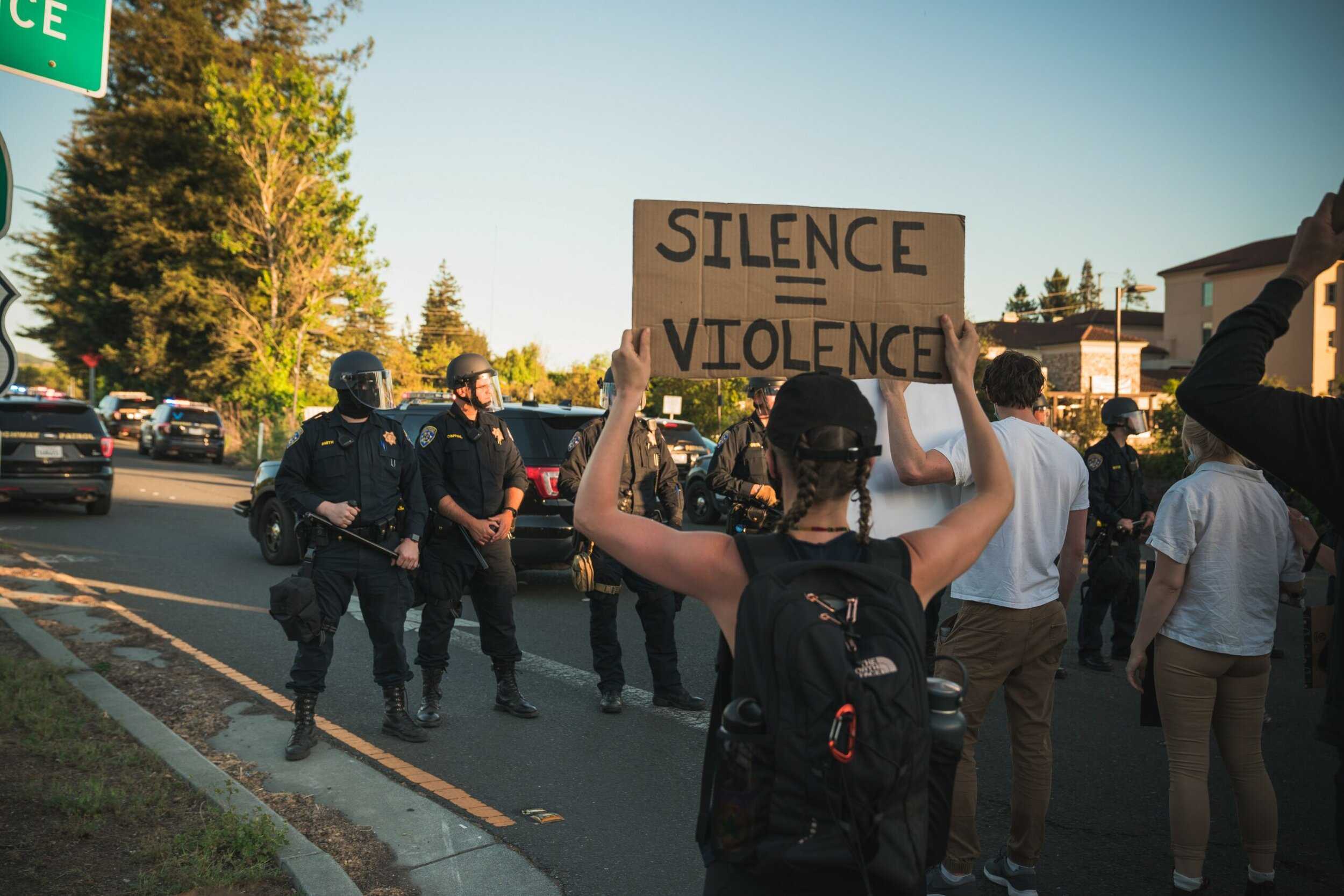As the nation works hard to overcome the fallouts of the COVID-19 pandemic and the year-long events of social injustices against communities of color, cities in Sonoma County and the Bay Area are taking initiative to pilot crisis teams that aim to uplift marginalized communities and to act as first responders towards mental health crises, homelessness and substance use treatment.
The cities of Santa Rosa, Petaluma, San Francisco and Oakland are developing police-free crisis-response teams to actively support non-violent 911 calls as a response to reallocate funding from the government so that it may go towards social services rather than law enforcement.
An article from The Bohemian states, “Activists argue that, because police officers are armed and are not mental health professionals, they respond in ineffective and often dangerous ways to people experiencing mental health crises. Statistics support the activists’ argument.”
According to a study conducted by the CDC in June 2020 reveal data which states, “25% reported increased substance use to deal with the stress in the U.S. and nearly 11% had suicidal thoughts with the largest group of communities among Black and Latinos.”
More recently, the CDC conducted a study this year which reports, “During Aug. 2020 to Feb. 2021, the percentage of adults with recent symptoms of an anxiety or a depressive disorder increased from 36.4% to 41.5%, and the percentage of those reporting an unmet mental health care need increased from 9.2% to 11.7%.”
Based on these trends and statistics, Santa Rosa, Petaluma and Oakland are each developing teams that emulate a similar structure as the Crisis Assistance Helping Out On The Streets (CAHOOTS), a community-based public safety system based from Eugene, Ore. and owned by White Bird Clinic, a non-profit organization offering medical health care and mental health services for the community.
In the Bay Area, San Francisco and Oakland were the first to initiate resolutions to put action towards their crisis team last year in Nov. Both cities are specifically collaborating with their city’s fire departments due to its ability to provide emergency services and fire inspections.
According to an article published by KTVU, Zac Unger, president of the Oakland firefighters union stated, “They’re looking for cultural competency and a strong brand in the community. We go into every kind of neighborhood and demographic.”
On the other hand, cities in Sonoma County are utilizing different ways to pursue the development of their own crisis teams.
Santa Rosa Police Captain and a Board of Director of National Alliance of Mental Illness (NAMI) Sonoma County, John Cregan, managed to get White Bird Clinic involved in a contract with the City of Santa Rosa to guide the program’s development for this upcoming July.
“At first, the service will operate 10 hours per day, seven days a week. Two teams will be established, each composed of a paramedic, a mental health professional and a homeless outreach specialist. The team is dispatched through 911, when dispatchers assess that it’s appropriate and safe to send this unarmed team of specialists,” according to The Bohemian article.
“The two teams will overlap on Wednesdays, so they’ll have meetings that day and also be able to provide extra support and services, following up with people who they’ve interacted with throughout the week,” Cregan says.
Although Petaluma announced their intention to create a CAHOOTS team after Santa Rosa, they are similarly planning to launch their program in July with one vehicle operating 12 hours per day, seven days a week.
The funding for these new programs are still being determined, but it is possible they will benefit from the $1.9 trillion American Rescue Plan, signed by President Joe Biden in March.
Alexis Wood, a second-year nursing major at Sonoma State University explained how these upcoming services will create a positive impact in the community.
Wood stated in an interview, “It’s impressive to see that communities are asking for these services and action is being made to implement these programs especially during this unprecedented time. I think once it’s fully developed, it will be beneficial for people in need of these services.”





![[Both photos courtesy of sonoma.edu]
Ming-Ting Mike Lee stepped in as the new SSU president following Sakakis resignation in July 2022](https://sonomastatestar.com/wp-content/uploads/2024/04/CC4520AB-22A7-41B2-9F6F-2A2D5F76A28C-1200x1200.jpeg)


























